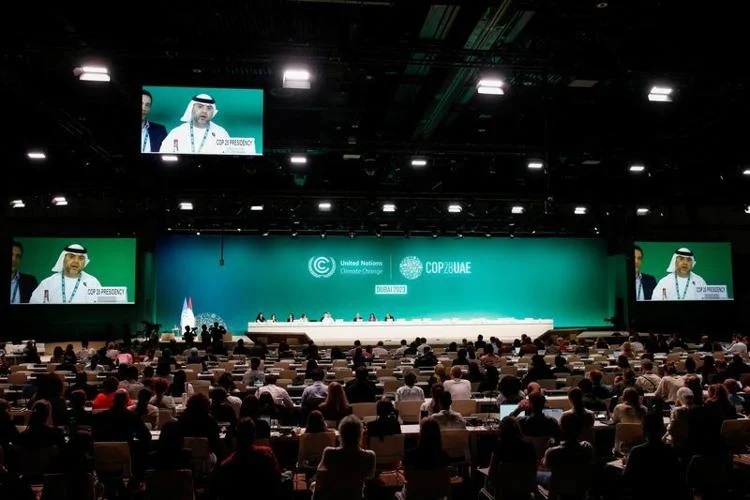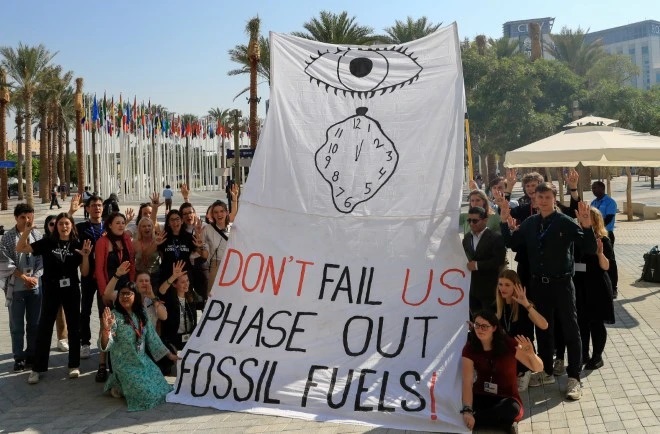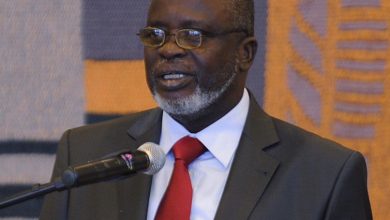COP28 summit nears overtime as draft deal faces criticism over fossil fuel phase-out

The COP28 climate summit is approaching a potential extension as negotiators await a revised deal following criticism of a previous version for lacking a clear “phase-out” of fossil fuels.
Delegates at the Dubai summit aim to reach a global strategy to swiftly address climate change and prevent severe flooding, lethal heatwaves, and irreversible damage to ecosystems.
A preliminary draft of the agreement, presented by the United Arab Emirates presiding over the summit, outlined eight potential measures countries “could” adopt to reduce emissions.
Among them was the proposal to “reduce both consumption and production of fossil fuels, achieving net-zero emissions by 2050 or earlier.” Notably, it marked the first time a U.N. climate summit addressed reducing all “fossil fuels.”
However, this fell short of the demands from several nations for a concrete “phase-out” of coal, oil, and gas, especially focusing on immediate reductions this decade, which scientists advocate to avert worsening climate change.
Negotiators anticipated a revised text by Tuesday, the conference’s original closing date, though it was apparent that meeting the deadline might not be feasible as COP summits rarely conclude on schedule.
The initial draft drew criticism from numerous participants, including Australia, Canada, Chile, the European Union, Norway, and the United States.
These nations, along with a group of around 100 countries, pushed for a robust commitment to transitioning away from coal, oil, and gas.
Espen Barth Eide, Norway’s Foreign Minister, highlighted the widespread desire for a stronger text: “The vast majority of countries want a stronger commitment to phase down and eventually phase out fossil fuels.”

Brazil echoed the call for a more robust approach to ditching fossil fuels, emphasizing flexibility for different timelines between richer and poorer nations.
However, Brazil’s Environment Minister Marina Silva noted the draft’s inadequacies in outlining efforts for a fossil fuel phase-out.
Representatives from small island nations voiced their opposition to a deal that might jeopardize vulnerable countries affected by rising sea levels.
John Silk, leading the Marshall Islands’ delegation, emphasized their stance against a potential agreement perceived as a “death warrant” for their nations. He stressed their refusal to accept such a fate silently.
Source-Reuters





